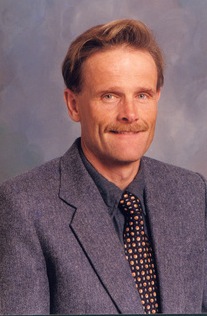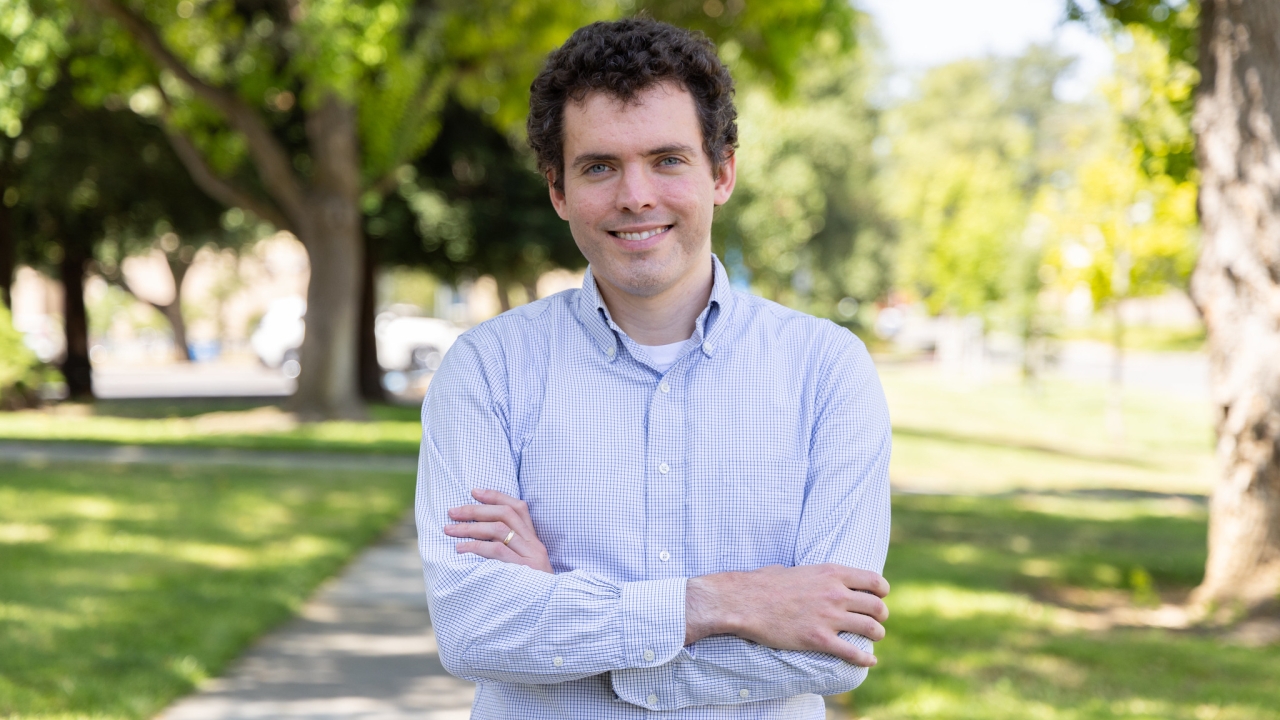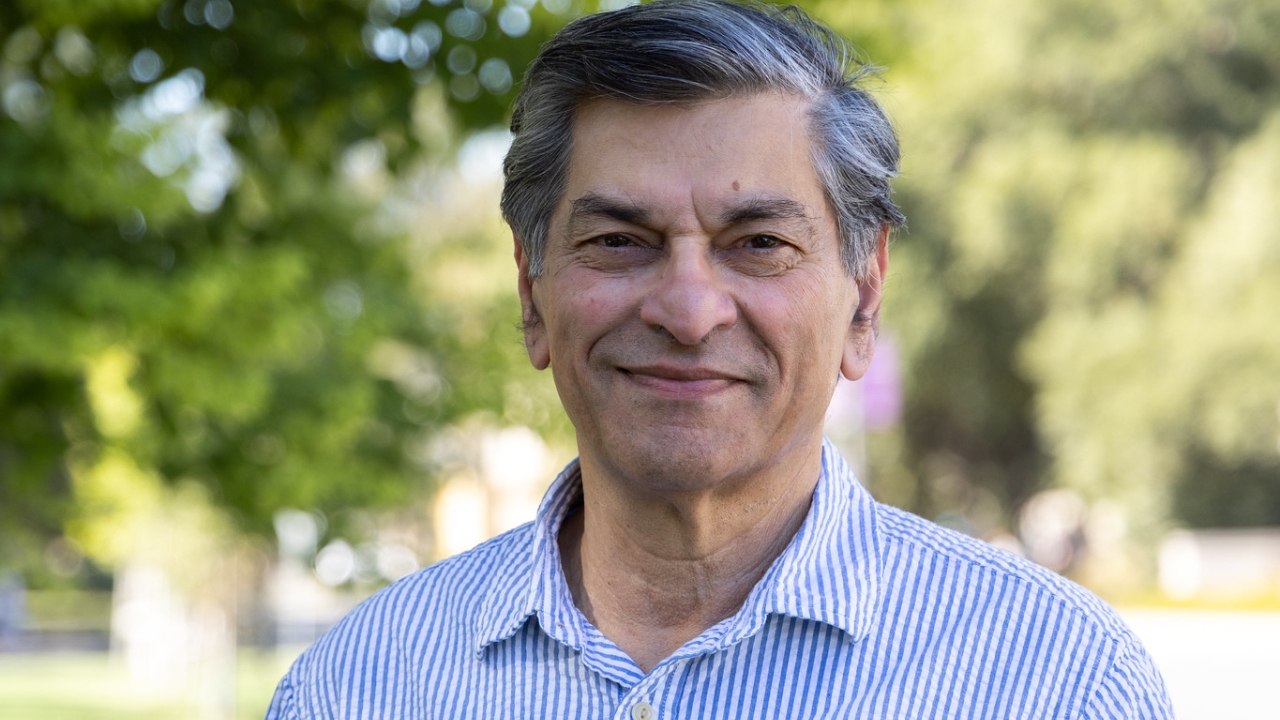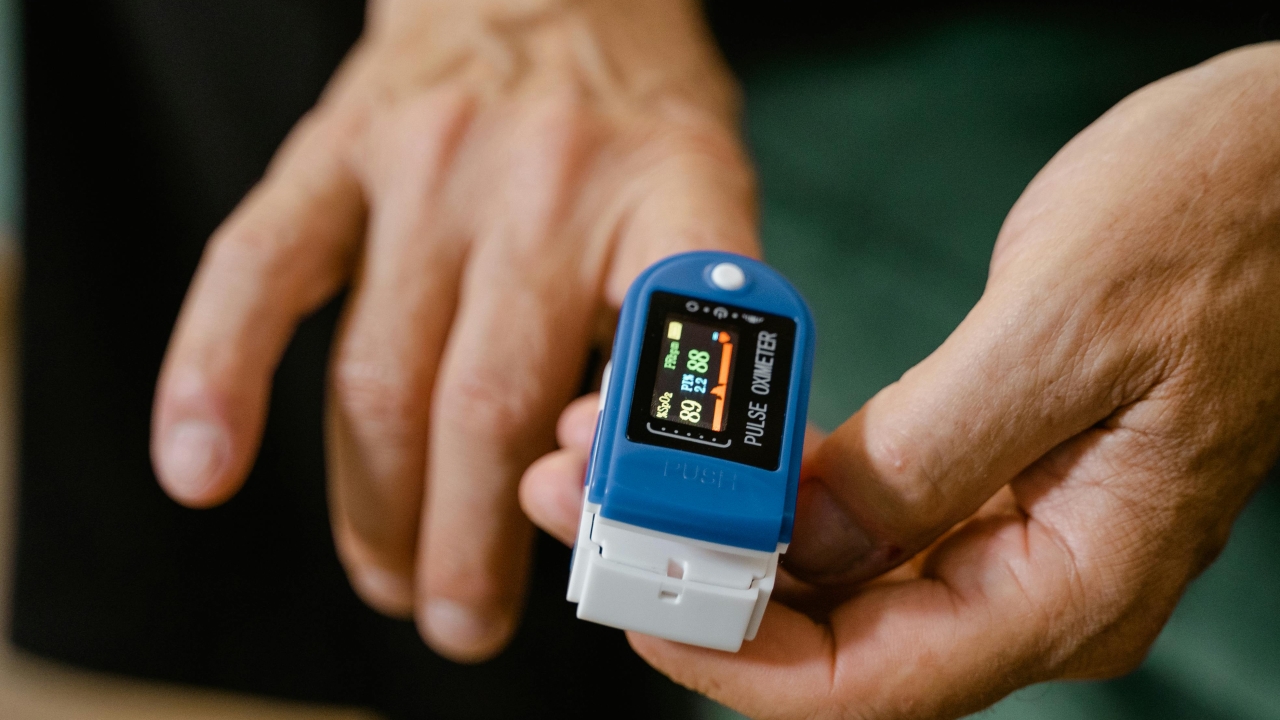Biography: Pieter Stroeve
Pieter Stroeve, a distinguished professor in the UC Davis Department of Chemical Engineering and Materials Science, has excelled at both fundamental ends of the academic spectrum. He is an indispensable and frequently honored instructor, beloved by students who cherish his ability to make abstract, theoretical concepts understandable with real-world models. He also is at the forefront of cutting-edge solar panel technology, and — in the very near future — his research breakthroughs are likely to change the way we power our homes.
Stroeve completed his undergraduate work in chemical engineering at UC Berkeley, graduating with honors. He subsequently obtained his master’s degree and Sc.D. — also in chemical engineering — at MIT, then joined the UC Davis faculty in 1982. After scarcely more than a year, he received the campus’ 1984 Magnar Ronning Award for Teaching Excellence, an honor bestowed upon him a second time in 1991. The Davis Student Chapter of the American Institute of Chemical Engineers has recognized Stroeve with an Outstanding Professor Award four times, in 1992, 2006, 2010 and 2011; he also received a UC Davis Academic Senate Distinguished Teaching Award in 1995.
 Stroeve’s secret? He pays close attention to student evaluations and refines his lectures accordingly: a guiding principle that has paid multiple dividends.
Stroeve’s secret? He pays close attention to student evaluations and refines his lectures accordingly: a guiding principle that has paid multiple dividends.
“Pieter is an excellent teacher, both in class and outside,” wrote one former student, in a typical evaluation note. “I appreciate how he makes such an abstract subject so interesting.”
Stroeve’s research covers multiple regions of chemical engineering; he explores colloid and surface science, self-assembled monolayers, supramolecular structures on surfaces, nanotechnology, lithium ion batteries and membrane separations. He has created nanostructured surfaces of nanofibers, nanotubes and nanocables, and applied these breakthroughs to thermoelectrics and photovoltaic systems … and that’s where he’s changing the world in a way that soon will benefit all of us.
In 2005, Stroeve was part of the team that founded Q1 NanoSystems, a solar energy start-up initially based in West Sacramento. The company was assembled to develop higher-performing, lower-cost solar technology, based on the work Stroeve was doing with his team of postdoctoral researchers and graduate students. In early 2008, the fledgling company reached an exclusive licensing agreement with UC Davis. That same year, the company changed its name to Bloo Solar and began a plan to market the patented “solar brush” process invented by Stroeve and his colleagues. In late 2011, the company moved to El Dorado Hills.
Bloo Solar’s new photovoltaic panels are a huge improvement over earlier solar panels, which rely on direct sunlight and therefore produce peak efficiency only during a brief window each day. Bloo Solar’s most recent products extend this peak efficiency to roughly three hours on either side of the sun’s direct rays; the resulting higher levels of clean, renewable energy are captured by micron-sized rods, each a single junction solar cell. The surface “capture area” is 700% more efficient than traditional thin-film solar products, while using 90% less raw materials than current silicon-based solar panels.
Bloo Solar’s next-gen panels, projected for production in 2014, will be 2-by-4 feet and contain 500 billion solar cell rods.
Stroeve’s work in this field was acknowledged in 2009 by the California Energy Commission, which issued a two-year, $700,000 grant jointly to UC Davis and UC San Diego, to found and maintain the new California Solar Energy Collaborative. Stroeve is co-director of this collaborative, which is charged with expanding the development and use of solar energy in the Golden State. One of the many ambitious goals: to help California achieve a target of installing 3,000 megawatts of solar by 2017.
“Solar energy is a renewable and sustainable source of energy for California,” Stroeve said, as this new endeavor was announced. “But it has yet to be explored and exploited for its full potential.”
The California Solar Energy Collaborative’s presence on the UC Davis campus has grown significantly during the past several years; Stroeve was actively involved with the “solar workshops” offered during UC Davis Energy Week events, which took place in the spring of 2010 and 2011.
Stroeve also has been one of the lead scientists on a project designed to unite integrated circuit technology with biotechnology. Modern communication devices rely on electric fields and currents to carry the flow of information, but biological systems are much more complex: Their use of membrane receptors, channels and pumps — to control chemical signals within and between cells — is unmatched by even the most powerful computers. The lipid-coated nanocircuits created by Stroeve and his team could lead to the development of new classes of bio-sensing tools and biological applications, such as comprehensive blood-chemistry tests that would fit on the point of a needle.
Despite his ambitious research and teaching loads, Stroeve also finds the time to honor his colleagues. He co-authored a moving biography and career tribute following the passing of UC Davis Emeritus Professor of Chemical Engineering Joe Mauk Smith, in 2009: a gesture quite typical of Stroeve’s thoughtful and loyal nature.




